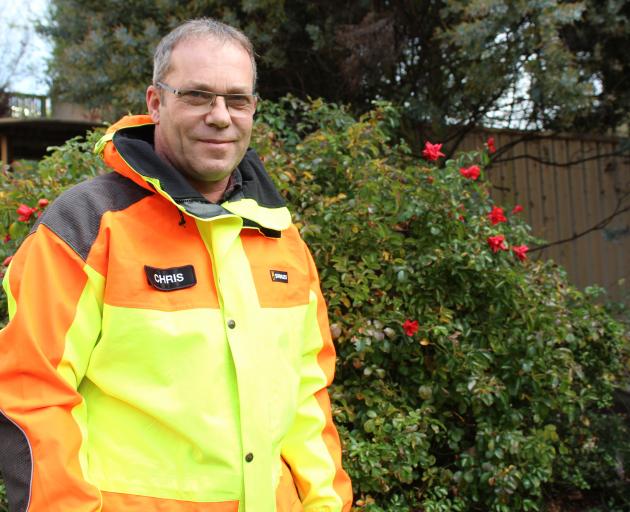
Getting a phone call at 5 o'clock on a Friday night and not knowing when you are going to get home has been the reality for a Dunedin LandSAR volunteer for almost 40 years.
Chris Coory has been involved with Dunedin Land Search and Rescue since 1979 and said he has devoted thousands of hours to finding people.
New Zealand Land Search and Rescue Inc receives government funding for training; however, there are 61 affiliated groups that are completely volunteer-run which need support.
Dunedin LandSAR held its annual street appeal day on Friday.
Last year, Dunedin LandSAR was involved in 36 searches, a 45% increase on the previous year. Searches had a 92% success rate.
Mr Coory first became involved with search and rescue as part of a Red Cross group before Dunedin LandSAR became a stand-alone group in 2005.
Since then he has been a committed volunteer, and was chairman of the group for the past year.
Dunedin LandSAR has 80 volunteers who provide search and rescue services for police.
Because police resources are already stretched when there is a missing person, they call on the search and rescue group, Mr Coory said.
Searches range from half an hour to days, Mr Coory said, and were made for everyone from children to elderly who go missing because of all sorts of circumstances.
Mr Coory said when a missing person was reported they searchers initially tried to find their last known position and then searched within a 300m radius of that point .
"People often get lost for the same reasons ... we use statistics to judge where we think is best to look.''
Along with the search and rescue team, Mr Coory said there were also specialist teams, including cliff rescue teams and those with rescue dogs.
"If someone is unresponsive you can walk past them and they can be lying a metre away and you can miss them ... we try to notice things out of the ordinary.''
Mr Coory said although he had experienced a lot of searches that were successful, there were also some that were not.
"When you find someone it gives you a real buzz, but when you don't it's the opposite.''
He suspected the rise in the number of searches last year was due to people getting out and about more often.
He often had experienced people getting lost due to their GPS or phones going flat, and they did not know how to read a map or a compass.
After being involved in search and rescue since he was 19, the 58-year-old said it was a "crucial'' service.
"I've been doing it for so long it has sort of become a part of my life ... it's a community service and I've made some great friends doing it.''
He said his biggest piece of advice would be to be prepared for any conditions and make sure you knew exactly where you were going.
Although police covered the costs of search operations, volunteers were self-funded.
Mr Coory said it would be good to be able to "get a bit extra'' so they could financially assist volunteers to improve their equipment and uniforms.
ELLA.STOKES @thestar.co.nz












